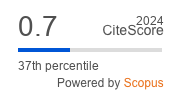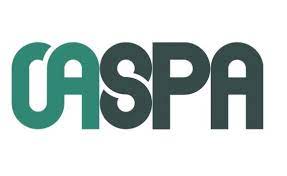The Role of the Use of Low Molecular Weight Heparin in the Prevention of Deep Venous Thrombosis after Total Knee Arthroplasty
Keywords:
(Deep-vein thrombosis,, Enoxaparin,, pulmonary embolism)Abstract
Background A prospective clinical study was
performed to compare the efficacy of the use of lowmolecular-
weight heparin group (enoxparin group)
with control group in the prevention of deep-vein
thrombosis after total knee arthroplasty.
Aim of the study: to assess the prevalence of DVT
after total knee arthroplasty and evaluate the
importance of the use of low molecular weight
heparin in the prevention of this DVT.
Methods Thirty-three patients undergoing total
knee arthroplasty were randomly divided into two
groups. One group consisted of 12 patients who
received no prophylaxis with an anticoagulant (the
control group), other group consisted of 21 patients
who received the low-molecular-weight heparin
enoxparin (enoxparin group) 4000 I.U. S.C 6 hours
after surgery for two weeks after the operation then
aspirin 100 mg until 6th week after operation.
Bilateral duplex ultrasonography was performed
preoperatively and at (5-7) days postoperatively.
Results The prevalence of deep-vein thrombosis
was 58% in the control group, 38% in the enoxparin
group.
Conclusions Enoxaparin significantly lowered the
prevalence of deep-vein thrombosis after total knee
arthroplasty.













